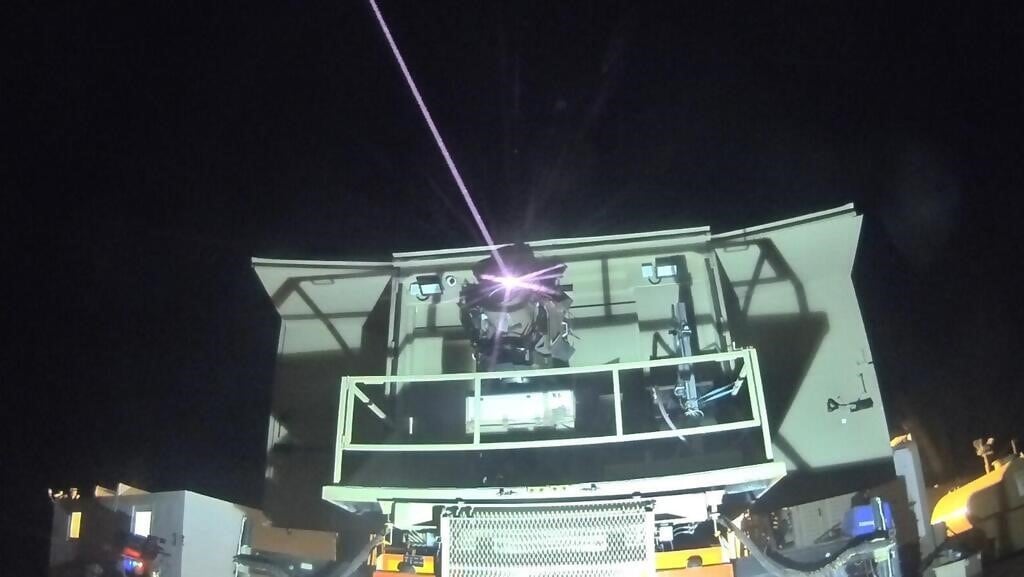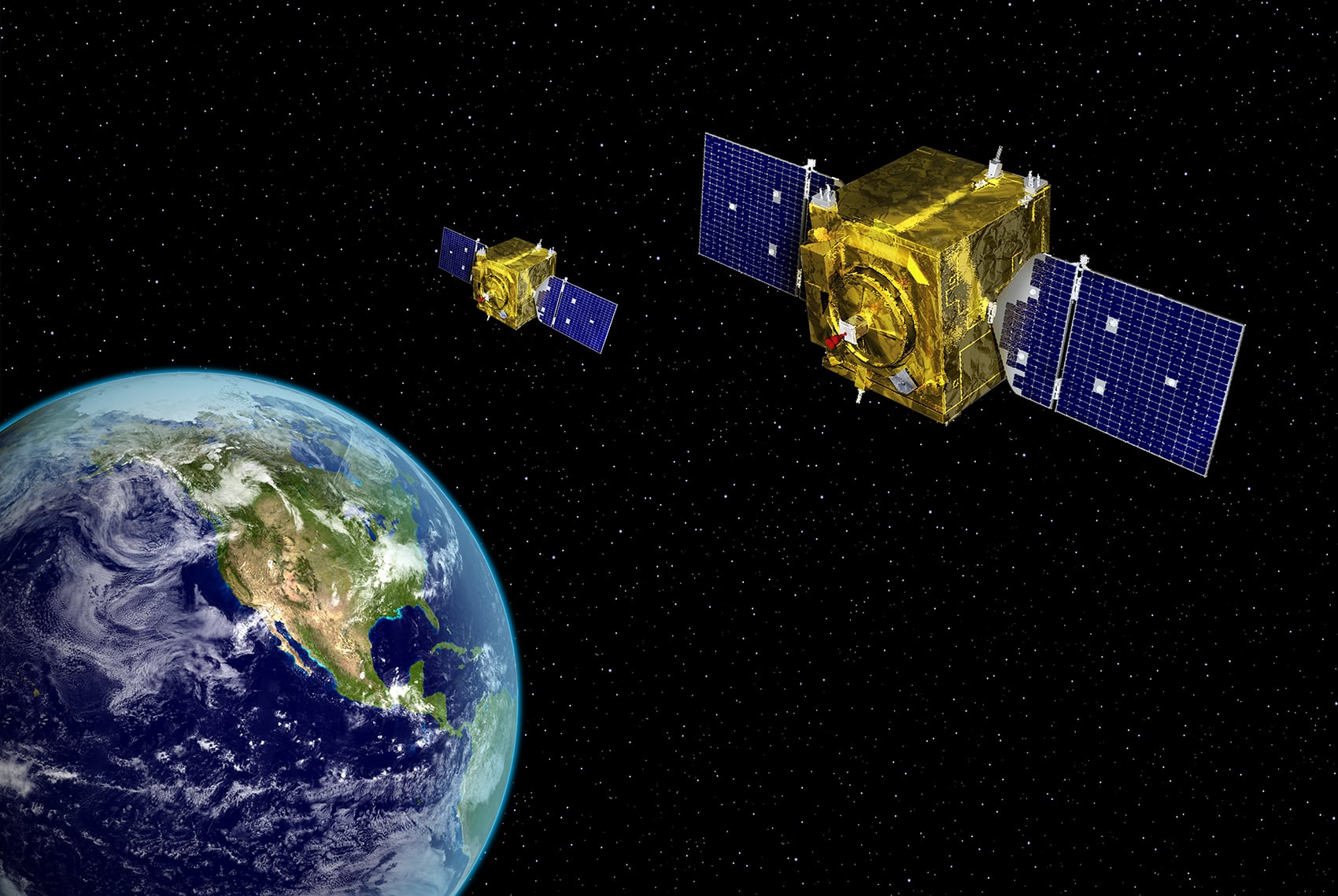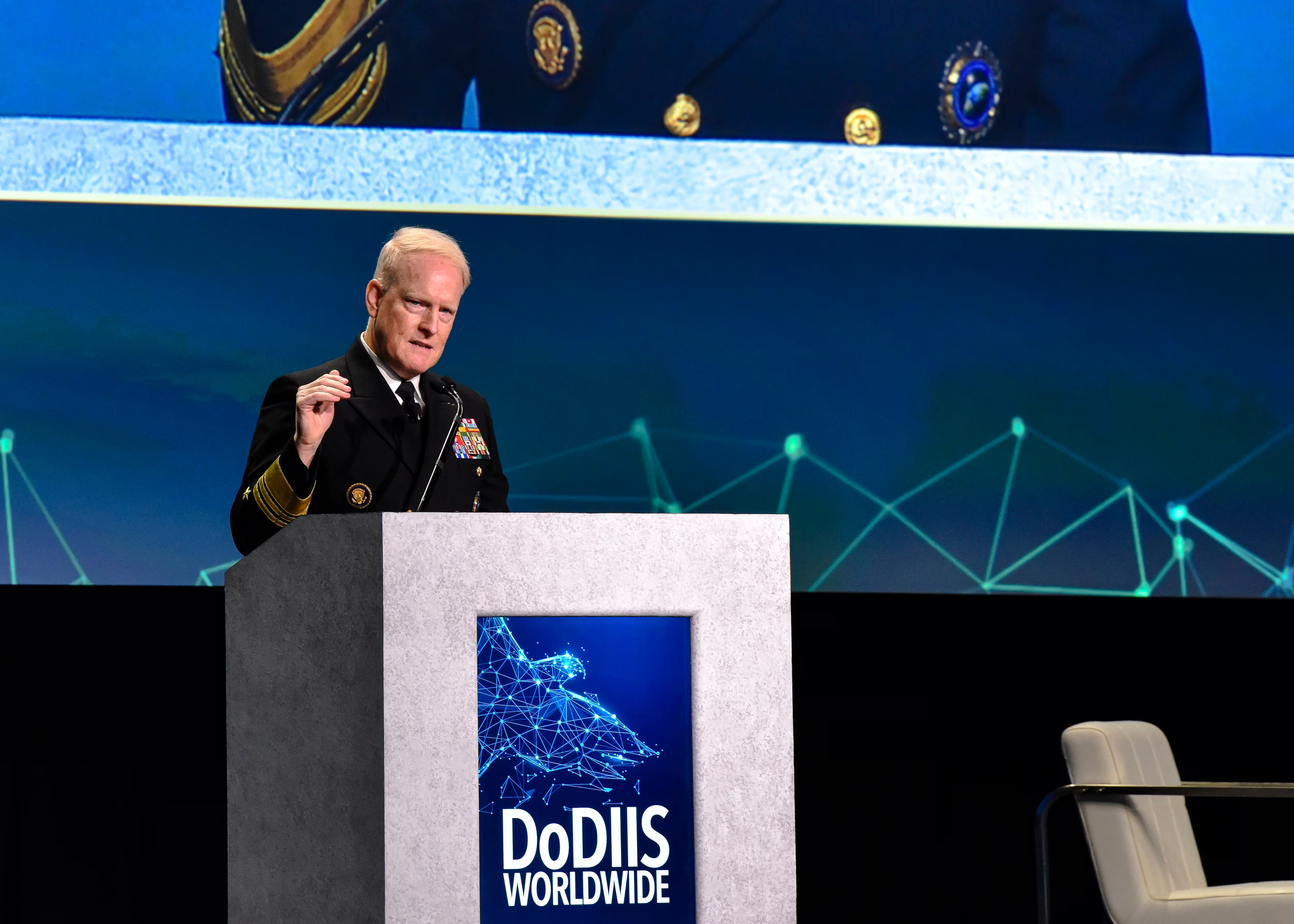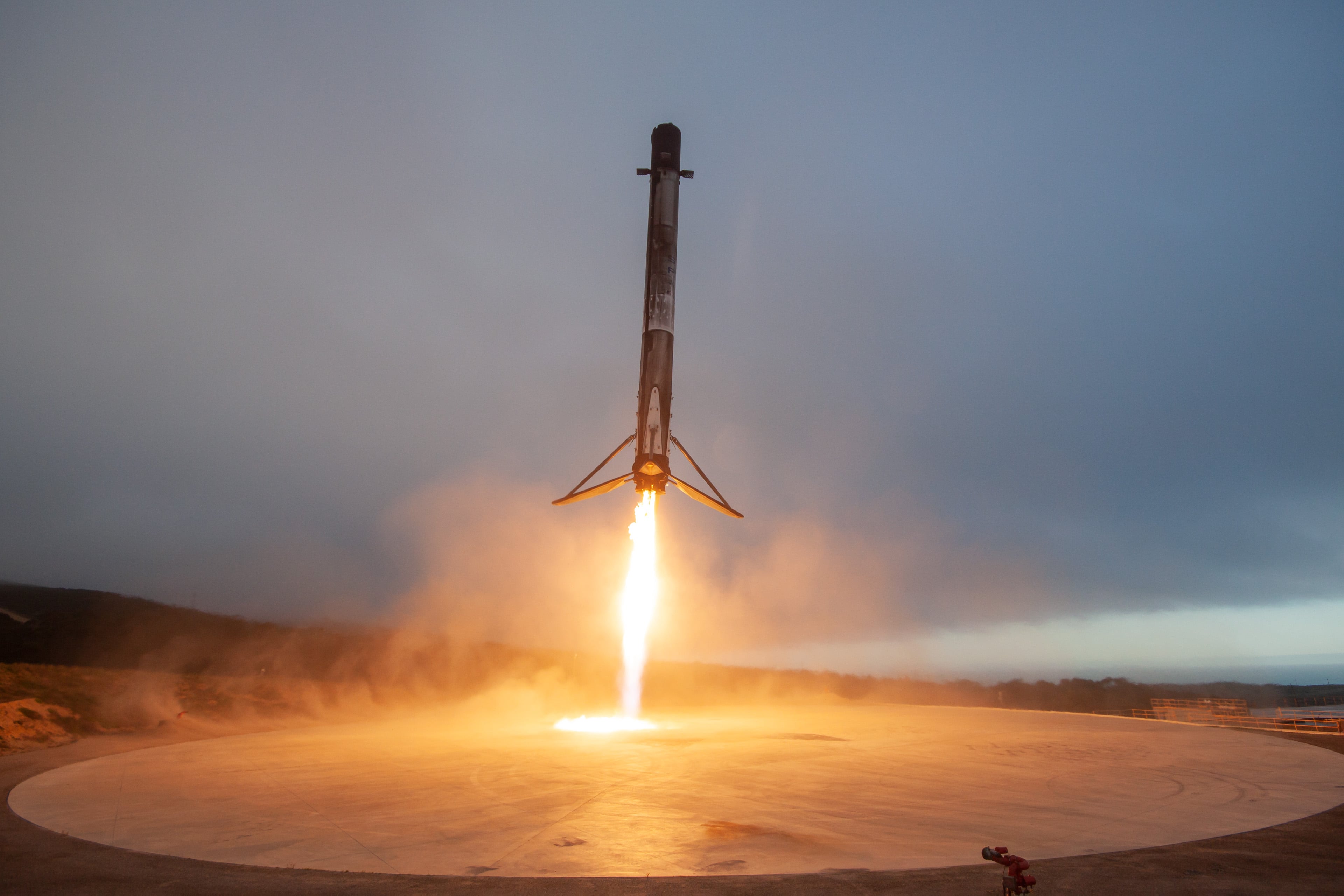Correction: an earlier version of this story mischaracterized the status of the competition, which is ongoing.
WASHINGTON — The Pentagon’s Joint Counter-small Unmanned Aircraft Systems Office advanced the “Drone Dome” system made by a unit of Israel’s Rafael, making it one of five companies now eligible to compete for C-UAS as a Service contracts, following tests at Yuma Proving Ground in Arizona.
Drone Dome, which demonstrated detection, identification and soft-kill capabilities against drone targets during the tests in April, is now eligible to compete for CaaS federal contract opportunities in the U.S., Rafael Systems Global Sustainment said in a statement. Parent Rafael Advanced Defense Systems developed Israel’s famous Iron Dome rocket and artillery defense system with Israel Aerospace Industries.
RELATED
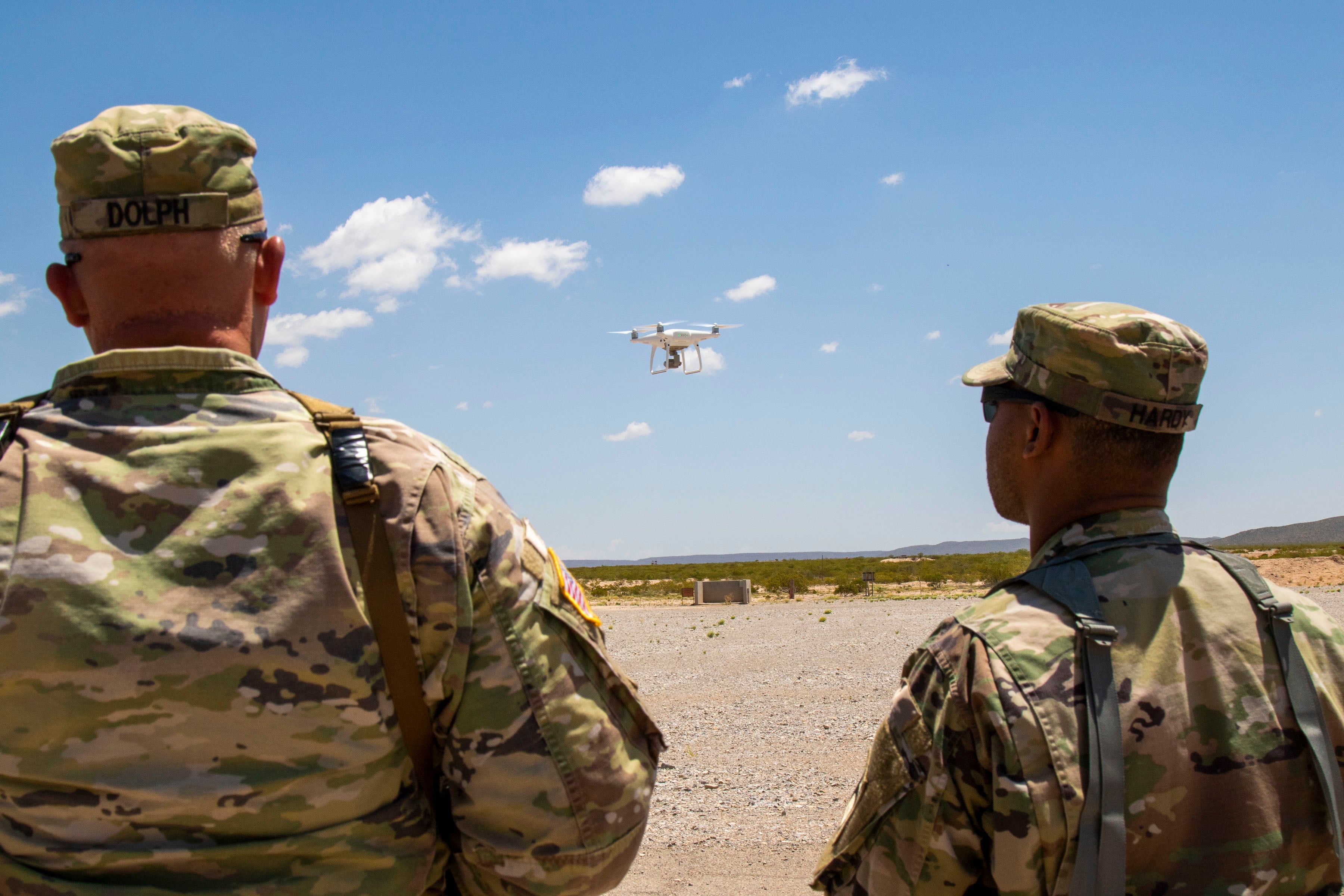
The Drone Dome system utilizes an RPS-42 radar, EO/IR and RF detection & mitigation. Several of these components are already integrated into U.S. defense networks and are globally deployed, RSGS said.
“We are proud to see this advanced Rafael technology being successfully demonstrated by our American partners on American soil,” said Eric L. Brown, chief technology officer at Bethesda, Maryland-based RSGS, in the statement. “The decision by the JCO further illustrates the effectiveness and the relevance of the Drone Dome system in confronting emerging threats in a rapidly changing aerial domain.”
Drone Dome offers a modular, infrastructure comprised of Detection and Classification by electronic sensors, Defeating by kinetic (Laser) and electronic (Jammer) effectors and unique artificial intelligence algorithms within Multi sensors/Multi effectors, open architecture Command and Control, to secure air space, the company said.
Its artificial intelligence capabilities provide a more precise picture of the incoming threat, according to Rafael. This additional information allows the system to both detect and identify specific threat elements more accurately and engage and neutralize the target faster and more efficiently, it said.
RELATED
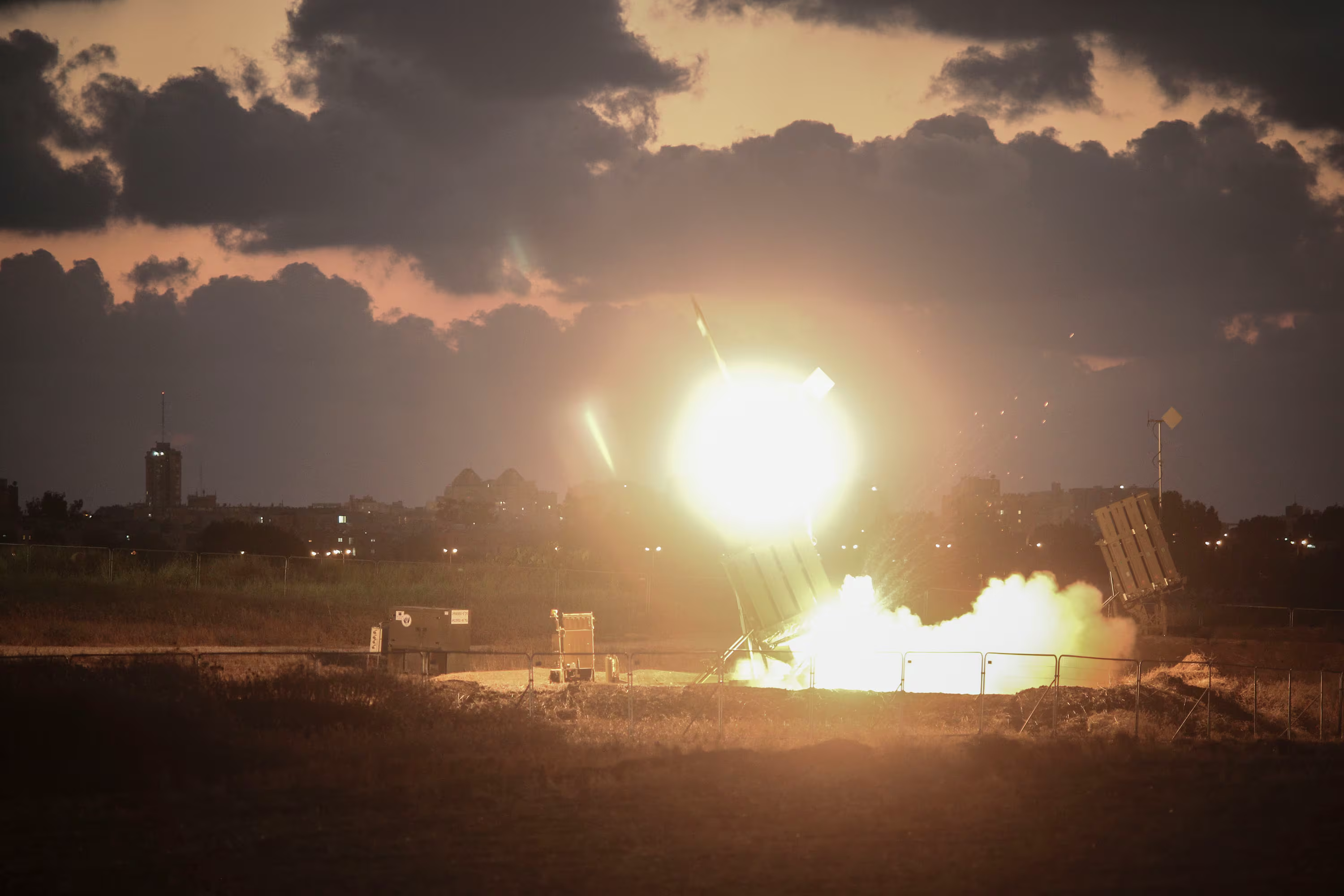
The system’s flexibility across military and civilian applications offers advanced protection for maneuvering forces, sensitive facilities and border protection, as well as increasingly vulnerable civilian targets such as airports and other public facilities, according to the company.
RSGS said it provides an exclusive direct connection to U.S. federal, state, and local government agencies to Haifa, Israel-based Rafael’s products and services.
